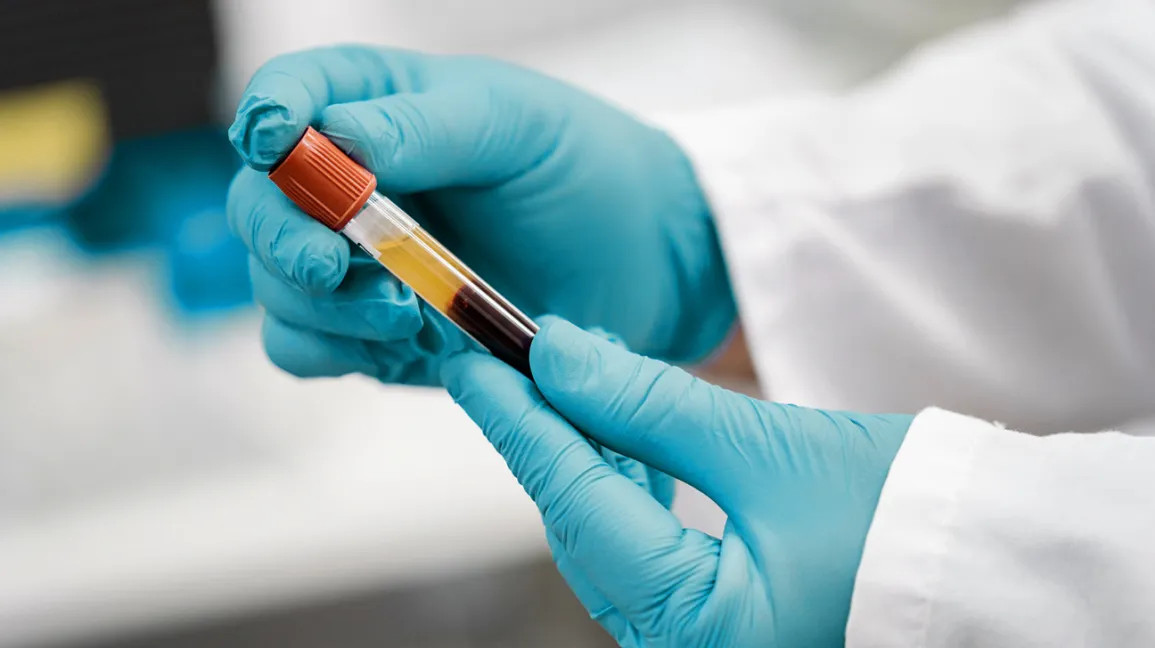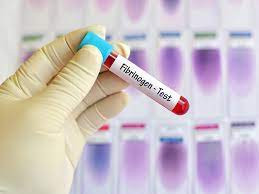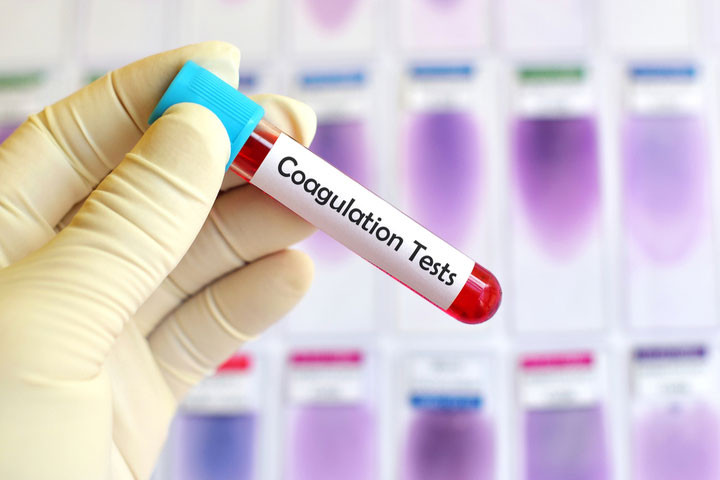Definition
ACT or activated clotting time is a diagnostic test that measures the duration required for your blood to form a clot. Its main purpose is to monitor the efficacy of heparin to patients. This medication is an anticoagulant that inhibits blood clotting. It is typically administered intravenously either by injection or continuous infusion. Large doses of heparin may be administered during medical or surgical interventions that necessitate the prevention of blood coagulation, or when immediate outcomes are sought.
This test assists the physician in determining the appropriate anticoagulant dosage. Anticoagulant treatments have to be monitored because heparin might have varying effects on individuals. Inadequate heparin dosage can lead to the formation of blood clots in arteries. Excessive dosage of heparin can lead to severe and perhaps life-threatening bleeding episodes. Therefore, with the help of ACT testing, maintaining a delicate balance in heparin dosage for optimal therapeutic outcomes can be achieved.
Indication
ACT test is frequently utilized to monitor the high-dose heparin treatment prior to, during, and briefly following medical or surgical interventions that necessitate the prevention of blood coagulation, such as:
- Kidney dialysis
- Cardiac procedures such as catheterization, angiography or PCI
- Vascular surgery
- Replacements of heart valve
- Carotid endarterectomy, a surgical procedure to remove a build-up of fat plaque in carotid artery
- Heart bypass surgery, a procedure to improve blood flow to the heart
Contraindication
There are no individuals for whom it is advised against to do this test. If required, the duration needed for their blood to form a clot can be monitored.
Preparations Prior to Test
No test preparation is needed. Ensure your healthcare provider is aware of any medications or supplements you may be taking. Whether or not you need to stop taking any of these medications for the test depends on your physician's instructions.
Nevertheless, a number of factors could influence the test results, such as:
- Hemodilution
- Body core temperature below 35.0 °C in specific ACT devices
- Particular medications, such as warfarin, aprotinin, or abciximab
- Severe thrombocytopenia, where the platelet count is <20 X 109/L
Test Procedures
This test utilizes a whole blood sample, which comprises erythrocytes, leukocytes, and thrombocytes, suspended in plasma. This test is taken following an initial dose of heparin and prior to the start of any procedures that necessitates a significant level of anticoagulation. Throughout the procedure, the ACT is periodically assessed to achieve and sustain a consistent level of heparin. ACT is also monitored following the procedure until the individual has stabilized and the dosage of heparin has been decreased using a counter agent.
A healthcare professional will extract a blood sample from a vein, usually in your arm, using a tiny needle. Once the needle is placed, a little sample of blood will be drawn into a test tube. Whole blood samples must be processed within 1 minute. If the sample contains a therapeutic amount of unfractionated heparin, the samples must be processed within 2 minutes.
Normal and Abnormal Values
This test does not measure heparin concentration in your bloodstream, but measures the duration required for a blood clot to develop. There is a direct relationship between the duration of clotting and the extent of clotting inhibition.
The results are shown in seconds:
- The duration for blood to coagulate in the absence of heparin is 70 to 120 seconds
- The duration for blood coagulation with heparin ranges from 150 to 600 seconds, this is referred to as the therapeutic range
There is no consensus on the specific value of the minimum threshold. The results of this test also usually vary.
Results and Suggestions (Follow-Up Tests)
A normal ACT test result suggests that the blood being tested does not have any heparin or that any heparin present has been inhibited by protamine (a medication used to reverse anticoagulation after surgery). If the ACT results are excessively high, the individual may be at risk of bleeding. Prolongation of ACT may potentially suggest a lack of coagulation factors, severe thrombocytopenia, or platelet dysfunction.
Additional blood tests may be conducted to assess the rate of blood coagulation. The ACT test results are frequently combined with the activated partial thromboplastin time (APTT) blood test.
We have an article about APTT testing that you can read here: APTT - Definition, Indication and Contraindication.
Consult to The Right Doctor
Your doctor or internist would usually tell you about your test interpretations. It is important to seek medical advice from your doctor if you experience any symptoms associated with bleeding. They will conduct tests to identify the underlying reason and initiate a treatment plan for you.
Want to know more information about laboratory, radiology and other examination results? Click here!
- dr Hanifa Rahma
Activated Clotting Time (ACT). (2020). Retrieved 24 January 2023, from https://www.testing.com/tests/activated-clotting-time-act/#:~
Activated Coagulation Time. (2023). Retrieved 24 January 2023, from https://www.urmc.rochester.edu/encyclopedia/content.aspx?contenttypeid=167&contentid=act
Activated Clotting Time. (2019). Retrieved 24 January 2023, from https://emedicine.medscape.com/article/2084818-overview












